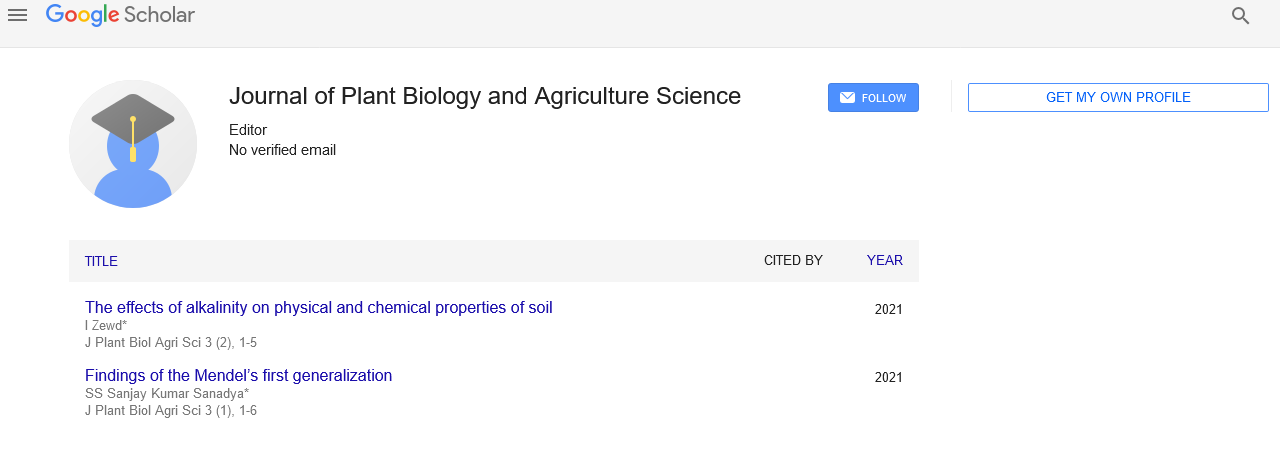
Sign up for email alert when new content gets added: Sign up
Abstract
A Molecular Study On The Git Survival Properties Of Bulgarian Amylolytic Lactobacillusplantarumstrains
Author(s): GalyaPetrovaA Molecular Study On The Git Survival Properties Of Bulgarian Amylolytic Lactobacillusplantarumstrains
GalyaPetrova1, Penka Petrova2, Kaloyan Petrov3, Angel Angelov4, VelitchkaG. Gotcheva4
1Primoris Bulgaria, Plovdiv, Bulgaria
2Institute of Microbiology, Bulgarian Academy of Sciences, 1113 Sofia
3Institute of Chemical Engineering, Bulgarian Academy of Sciences, 1113 Sofia
4Department of Biotechnology, University of Food Technologies, Plovdiv, Bulgaria
Consumers’ trend towards employing functional foods to achieve better quality of life and the insights on the health properties of cereals opened a new field for functional food development through combining the valuable composition of cereals and the health-promoting properties of probiotic lactic acid bacteria (LAB). LAB with amylolytic properties can assimilate starch in a single step process and could successfully be applied as starter cultures for the efficient nutritional conversion of cereal matrices into healthy foods. Amylolytic lactic acid bacteria are quite rare, and the probiotic potential such strains has not been investigated so far. The first steps of probiotic screening aim to assess the ability of the strains to survive the passage through the gastro-intestinal tract (GIT).The present study focused on the molecular screening of five amylolytic Lactobacillus plantarum strains for genes coding tolerance to high acid and bile salts concentrations as basic GIT survival characteristics for the selection of probiotic bacteria strains. In vitro tests for acid and bile tolerance were also performed to test the expression of the genes under the effect of two factors – growth stage of the culture and available carbon source in the medium (glucose or starch). Results showed excellent correspondence between the genetic screening and the phenotypic tests performed. Survivability at high acidity and bile salts presence was strain-specific, with significant positive effect observed for cultures in stationary phase compared to those in exponential phase. Effect of starch in the medium proved most important to ensure viability of the amylolytic strains, which reveals the excellent potential of amylolytic lactic acid bacteria for commercially-relevant probiotic applications. Among the five tested strains, Lb. plantarum Bom2 showed the best probiotic potential.
Keywords: acid resistance, amylolytic lactic acid bacteria, bile resistance, molecular screening




